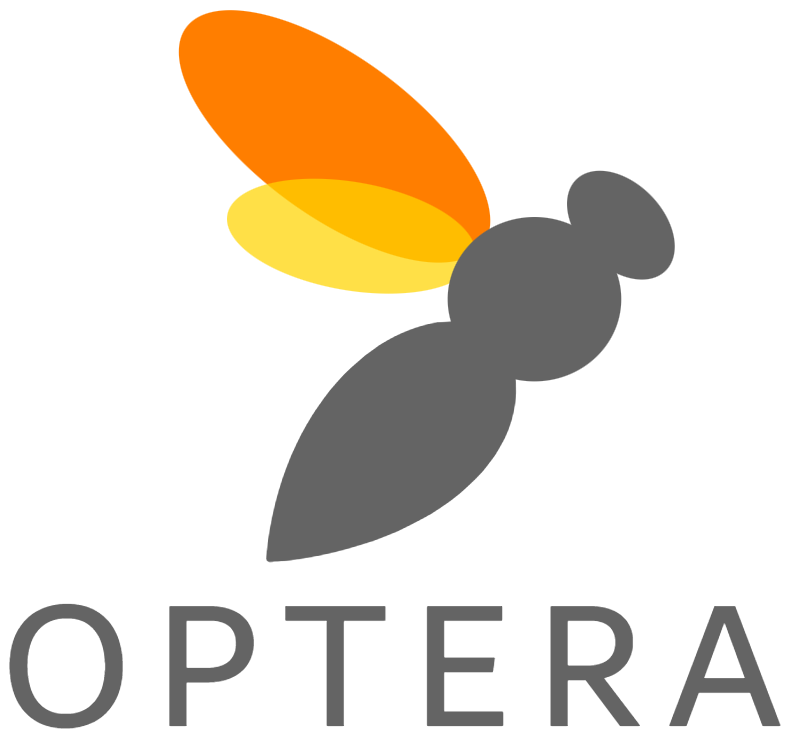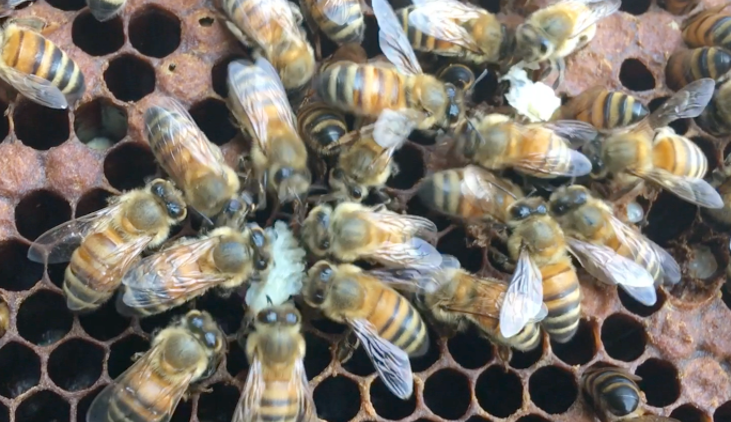Kaira M. Wagoner (1), Marla Spivak (2) and Olav Rueppell (1)
-
- Department of Biology, University of North Carolina at Greensboro, Greensboro, NC USA
-
- Department of Entomology, University of Minnesota, St. Paul, MN USA
Abstract
Despite receiving much attention, the ectoparasitic mite Varroa destructor (Anderson and Trueman) and the pathogens it vectors remain critical threats to the health of the honey bee Apis mellifera (Linnaeus) (Hymenoptera: Apidae). One promising intervention approach is the breeding of hygienic honey bees, which have an improved ability to detect and remove unhealthy brood from the colony, and are thus more resistant to Varroa. While much hygienic behavior-related research has focused on enhanced adult honey bee olfaction, less attention has been paid
to the olfactory signals that originate inside the brood cell, triggering hygienic removal. Here, we hypothesized that selection for hygienic behavior in honey bees has influenced brood signaling, predicting that: 1) in a common social environment, removal rates differ among brood with different selective breeding histories, and 2) the removal rates of brood positively correlate to the hygiene level of the brood’s colony of origin. To test these predictions, we crossfostered brood subjected to control, wound, or Varroa treatment in unselected (UNS), Minnesota Hygienic (HYG), and Varroa-Sensitive Hygienic (VSH) colonies, and monitored individual brood cells for hygienic removal. Results confirmed both predictions, as brood from hygienic colonies was more likely to be removed than brood from UNS colonies, regardless of where the brood was fostered. These findings suggest that hygiene-related brood signals complement previously identified characteristics of hygienic adults, constituting an important mechanism of social immunity in honey bees. Thus, selective breeding for honey bee hygienic behavior may be improved through the utilization of field assays containing compounds related to larval signaling.

